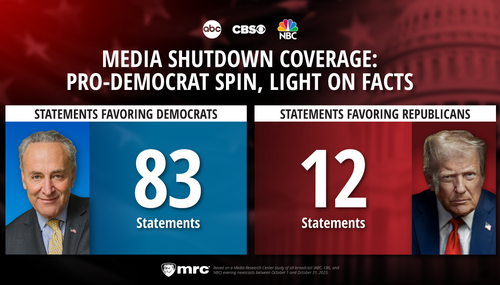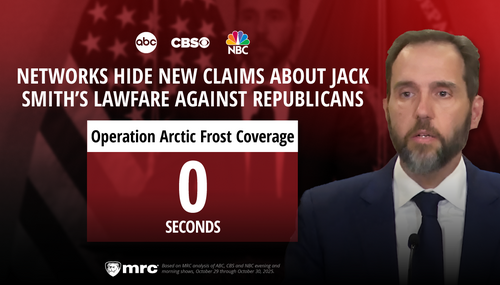The furor sparked by NBC News's self-important declaration that Iraq is now in a "civil war" is further proof that for all the chest-beating new media types sometimes do about displacing the MSM, the "dinosaur media" still matter. David Zurawik writes at the Baltimore Sun:
The bellowing began Monday when NBC announced that it had decided to call the conflict in Iraq a civil war.
Before 24 hours had passed, discussions about what constitutes a civil war was being debated on Capitol Hill, parsed on the front pages of newspapers nationwide and discussed on TV and radio talk shows.
"Even if network news is a dinosaur, it still has a huge audience - an aggregate that can be matched nowhere else in the media - and that's a fact often overlooked," said Philip M. Seib, Nieman, author of Going Live: Doing the News Right in a Real-Time Online World (Roman & Littlefield 2001).
"The lesson of the week is an unmistakable reminder that national broadcast networks can still have a profound effect on political discourse in this country in a way that no single newspaper, with the possible exception of the New York Times, can hope to have."
Indeed the network wasn't the first media organization to make such a decision: The Los Angeles Times, one of the nation's largest and most influential newspapers last October began referring in its pages to the conflict in Iraq, with hardly a blip in either media or national debates.
But NBC's decision was announced by co-host Matt Lauer on the Today Show, the highest-rated of the network morning shows, and reached a daily audience of 5.7 million viewers. [...]Throughout the fall, when the Los Angeles Times - which is owned by the Tribune Corp. (which also owns The Sun) and has a daily circulation of 775,766 readers - was calling Iraq a civil war, "it was a contained problem" that could largely be ignored by the White House, Seib pointed out.
When NBC took up the term, the conflict was suddenly being framed in a new and highly negative way for millions of viewers coast to coast, and the president had little choice but to respond - a move that all but guaranteed page one coverage and the debate that followed.
The different ways in which NBC News and the Los Angeles Times handled their editorial decisions also contributed to the vast divide in reactions, according to some analysts.
"NBC made an affirmative announcement about it on TV, as opposed to the Times, which did it more quietly," said Tom Rosenstiel, director of the Project for Excellence in Journalism, a Washington-based media think tank and educational forum. He also said a decision by NBC News might have more clout than one made by another network because of NBC's first-place status in morning and evening newscasts - and multimedia muscle.
"When NBC News makes a policy decision, it cuts across numerous platforms," he said. "It's in MSNBC.com, MSNBC cable TV, CNBC cable TV, the NBC Nightly News and the Today show. If you cobble together all of those audiences, it far outstrips even the readership and pass-on rate of The New York Times."




